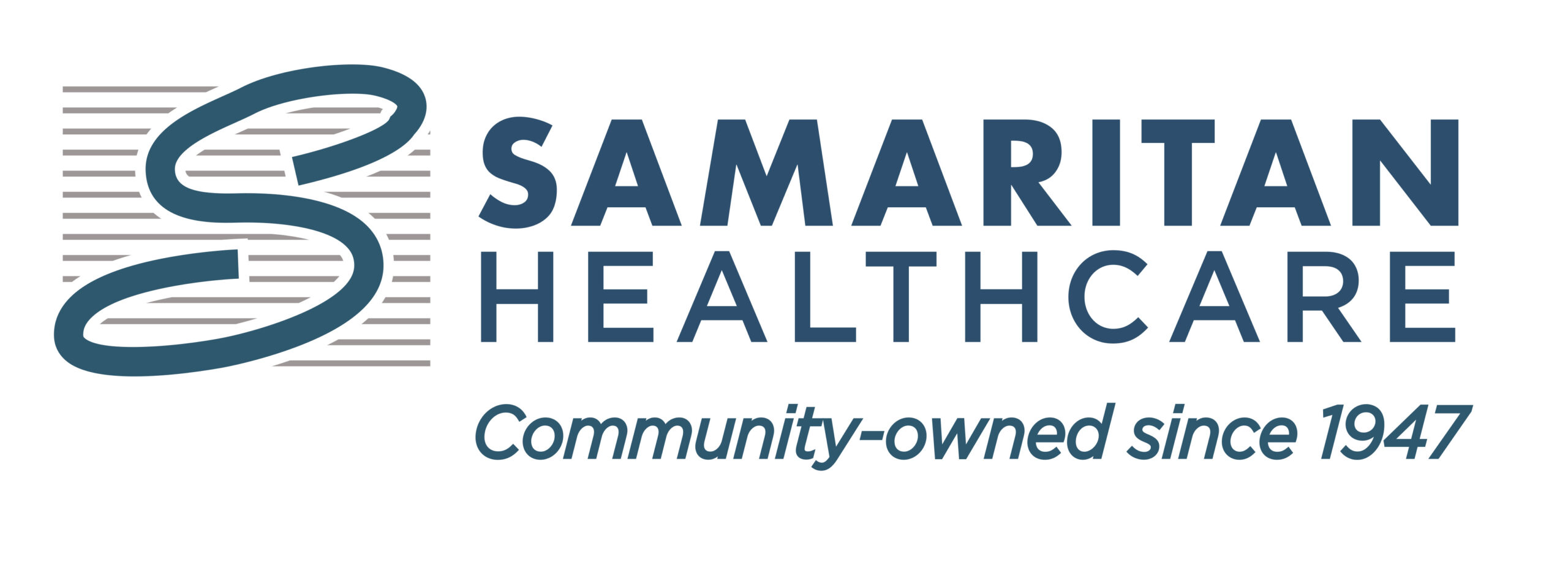Can You Have a ‘Natural’ Birth in a Modern Medical Facility?
Essential oils. Playlists. Skin-to-skin. Medication options. Cord clamping.
There’s a lot that goes into developing a birth plan — the “guidebook” an expectant mother creates regarding her labor and delivery experience. While having a plan can alleviate some of the stress and anxiety of the birthing process, there’s one thing every mom-to-be should have in her birth plan: to expect the unexpected.
Dr. Kameron Firouzi, an obstetrician-gynecologist (OB-GYN) at Samaritan in Moses Lake, Washington, said one common theme in many of his patients’ birth plans is to have a “natural birth.” The issue, he said, is that “natural” can have a variety of different meanings.
“For many women, having a ‘natural’ birth just means having as few medical interventions as possible,” he said. “While for others, it can mean requesting or avoiding very specific resources, such as monitoring the baby post-delivery or delaying the process of clamping the umbilical cord.”
Developing a Birth Plan that Combines ‘Natural’ Practices with Medical Resources
It’s a misnomer that this type of patient-led care is available only in holistic birthing centers or at home with a midwife. Many modern medical facilities, including Samaritan, encourage patients to consider all aspects of the labor and delivery process and make the choices accordingly.
In fact, opting for a natural birth in a medical setting such as a hospital can give expecting moms the best of both worlds. Dr. Firouzi said he presents patients with all available options, explains any potential risks, and discusses any concerns. If complications arise, patients can feel safe knowing they still have the backing of a medical facility where all modern resources are available.
“Labor can be unpredictable, but whenever possible, moms should have the birthing experience they want,” said Dr. Firouzi. “We work with your birth plan, whatever that may be. If you want certain scents in the room, to labor in specific positions, to have a doula in the room, anything of that nature — we’ll do it.”
Incorporating ‘Golden Hour’ Practices into Medical Settings
This commitment to care extends to high-risk pregnancies and deliveries in whatever capacity is deemed safe and appropriate. While unexpected or emergent scenarios, such as cesarean sections, may not be in a mother’s “natural” birth plan, providers may still be able to offer post-delivery “Golden Hour” opportunities.
This refers to the hour immediately following delivery, when practices such as skin-to-skin contact, — during which a newborn is placed directly on the bare chest of the mother — are thought to be especially helpful. Golden Hour methods are thought to offer numerous benefits to both mom and baby, including stress reduction, milk production, and bonding.
Ultimately, labor is unpredictable, but the goal is to prioritize mom and baby above all else while still respecting the patient’s wishes.
“It’s a balance,” said Dr. Firouzi. “It’s important to counsel patients during their prenatal appointments to ensure they understand all the risks and benefits of any option they’re considering. This care goes a long way in building a trusting relationship throughout the pregnancy.”
Schedule an appointment with Dr. Firouzi to learn more about the possibilities of a natural birth plan in a medical setting. Contact Samaritan at 509.765.5606


